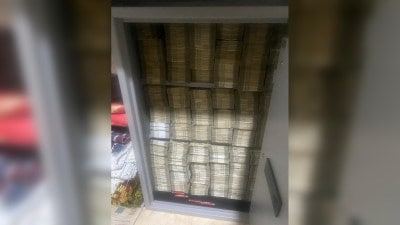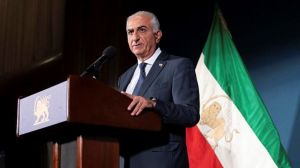Zero tolerance for fees
V K Shunglu, who has just submitted his report after studying the financial requirements of IIMs, appears to be a man after Union HRD Minist...

V K Shunglu, who has just submitted his report after studying the financial requirements of IIMs, appears to be a man after Union HRD Minister Murli Manohar Joshi8217;s own heart. Not only has he endorsed Joshi8217;s move to get IIMs to cut their annual fee from Rs 1.5 lakh to Rs 30,000, it appears he has actually concluded that the three biggies 8212; the IIMs in Ahmedabad, Bangalore and Kolkata 8212; can do without charging any fees at all. Of course, the complete report of the former comptroller and auditor general is still not available in the public domain, but the HRD ministry has been quick to publicise the fact that he has 8220;completely backed the drastic fee reduction8221; proposed by the minister. Since the minister has got precious little support for this controversial move from the academic and corporate worlds, as indeed from his own party and government colleagues, he would doubtless value Shunglu8217;s unqualified support, even if he had to organise it himself by setting up this one-man committee in the first place.
The point, however, is that quality management education is not just a matter of balancing cash registers. There are two cardinal principles at stake here, as these columns have pointed out time and again. The first is that the government has no business interfering in the administration of institutions of excellence. Their board of trustees, comprising some of the best minds in the country, should be allowed the leeway to decide how they should be run, in the best interests of the students and the IIMs themselves. The very fact that these IIMs have become premier institutions is precisely because Murli Manohar Joshi8217;s predecessors were not addicted to controlling them, as he appears to be. Secondly, the government has also no business to subsidise management education, when it has hardly done enough about subsidising elementary education. Given the career possibilities 8212; and handsome salaries 8212; that come with a business degree from a reputed institution, students find extremely easy to get the necessary loans, should they need financial support for years in college.
Logical arguments of this kind have cut little ice with the minister thus far. It is this that leads us to suspect that, for Joshi, the IIM issue has become a personal windmill and he will tilt at it as long as he is able. Unfortunately, the system cannot afford the luxury of such indulgence. Already the issue has led to great and needless confusion and uncertainty in IIM faculties at a crucial time of year, when preparations for the entry of a new batch of students are in full swing. Unfortunately, there seems no early end to this chaos.
- 01
- 02
- 03
- 04
- 05































